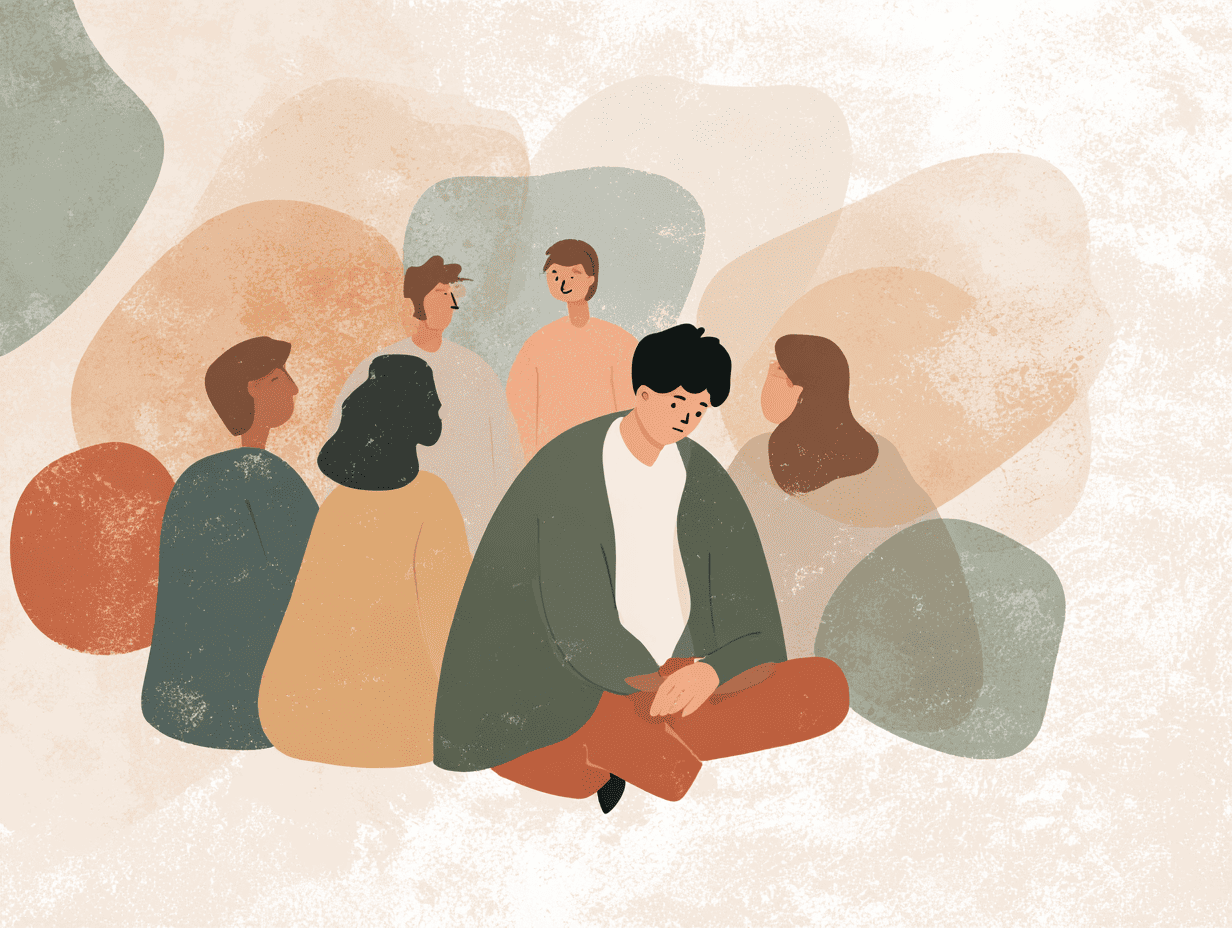Biggest Insecurities: Understanding, Causes, and How to Overcome Them
Everyone experiences moments of self-doubt and uncertainty. These insecurities can creep into various aspects of our lives, impacting our relationships, careers, and overall well-being.
While feeling insecure is a natural human experience, persistent confidence issues can be exhausting and hold us back from living our fullest lives.
This article delves into what insecurity truly means, the common forms it takes, why people struggle with it, and practical strategies to cultivate greater self-acceptance and confidence.
10 Biggest Insecurities People Face
1. Low Self-Esteem and Self-Worth
Low self-esteem is one of the most common insecurities. People with this issue constantly focus on flaws and underestimate their abilities, even when others see them as capable. This negative inner voice creates feelings of unworthiness and prevents personal growth.
How to overcome it: Focus on values and character, not only external success. Practice self-compassion by treating yourself with the same kindness you’d give a close friend.
2. Relationship Insecurity and Fear of Rejection
Relationship insecurity develops when people fear judgment, criticism, or abandonment from partners. It often stems from early experiences with unreliable caregivers or past unhealthy relationships. This insecurity can lead to emotional dependence or a fear of intimacy.
How to overcome it: Strengthen trust by nurturing casual and meaningful connections first. Over time, practicing openness in safe relationships builds confidence in deeper bonds.
3. Body Image Insecurity
Body image insecurity arises when people feel their appearance does not measure up to social or cultural standards. This insecurity affects individuals of all shapes and sizes and is worsened by constant comparison online.
How to overcome it: Limit social media exposure and shift focus toward health, strength, and self-acceptance. Remind yourself that personal worth is not defined by looks alone.
4. Social Anxiety and Fear of Judgment
Social anxiety makes people worry excessively about how others perceive them. It often leads to avoiding events, staying quiet in groups, or replaying conversations afterward with regret. Many cases stem from experiences like bullying or growing up with critical role models.
How to overcome it: Prepare for social interactions by planning conversation starters. Shift focus from yourself to others by asking thoughtful questions. Over time, small steps in social settings reduce anxiety and build confidence.
5. Perfectionism
Perfectionism is an insecurity disguised as high standards. It creates pressure to perform flawlessly and leads to disappointment when outcomes fall short. Over time, it can cause burnout, anxiety, and even health issues.
How to overcome it: Redefine success by focusing on effort and learning rather than flawless results. Give yourself permission to make mistakes and view them as part of growth, not as evidence of failure.
6. Job and Financial Insecurity
Job and financial insecurity makes people anxious about stability and long-term success. It may come from fears about job performance, company downsizing, or broader economic challenges. These doubts can cause stress, strained relationships, and sleepless nights.
How to overcome it: Build resilience by improving skills, saving consistently, and diversifying income where possible. Seek guidance from mentors or peers to gain perspective and reduce uncertainty.
7. Fear of Failure and Criticism
Fear of failure holds people back from new opportunities, whether launching a project, applying for a promotion, or sharing ideas. Past criticism often reinforces the belief that mistakes are proof of inadequacy.
How to overcome it: Reframe failure as feedback and proof of progress. Celebrate small wins and remind yourself that every successful person has faced setbacks. The more you practice resilience, the less intimidating criticism becomes.
8. Need for External Validation
People who seek constant validation believe their worth depends on others’ approval. This can lead to people-pleasing behaviors, avoidance of risks, and difficulty making independent choices.
How to overcome it: Question the roots of your self-perception and challenge negative beliefs. Build a network of supportive people who value you for who you are, not for what you provide.
9. Indecisiveness
Indecisiveness is an insecurity that causes hesitation, overthinking, and second-guessing, even for minor decisions. It often comes from doubting one’s judgment or fearing the consequences of being wrong.
How to overcome it: Start with small, low-risk decisions and set trial periods for choices. Each successful outcome builds confidence, making bigger decisions less daunting over time.
10. Feeling Like a Fraud (Imposter Syndrome)
Imposter syndrome makes people doubt their accomplishments and fear being “exposed” as incompetent, even when evidence shows they are capable. This insecurity is common among high achievers and often causes stress and burnout.
How to overcome it: Keep a record of achievements, positive feedback, and milestones to counter negative self-talk. Remind yourself that growth comes with learning, not with knowing everything at once.
Why Do People Struggle with Insecurities?
People struggle with insecurities because they often take root in early life. Critical parenting, rejection, or a lack of support can leave lasting marks on self-worth. Over time, negative experiences reinforce these beliefs, making individuals more sensitive to setbacks.
Socially, insecurities are shaped by bullying, comparison, or pressure to meet others’ expectations. Without supportive relationships, doubts deepen.
Culturally, unrealistic standards around beauty, success, and achievement feed these insecurities. Social media amplifies the problem by presenting idealized versions of life that few can realistically match.
Overcome Your Biggest Insecurities with Soul Space
People struggle with the biggest insecurities—from low self-esteem to fear of failure—because these doubts limit confidence and growth. Professional guidance often makes the difference, and that is where Soul Space steps in.
Soul Space is Malaysia’s leading affordable mental health centre, trusted for its licensed LKM counsellors and MSCP psychologists. We offer sessions from RM60, with subsidies for students and the B40 community. We are also inclusive and affirming, with multilingual support and LGBTQIA+ safe spaces. Walk-ins, online, and in-person sessions are also available.
Start your journey toward lasting confidence today with Soul Space, Malaysia’s leading affordable mental health centre offering licensed, inclusive, and accessible care.
Sources
CNBC – 7 signs of 'highly insecure' people—and why they're so toxic to everyone else: Psychology expert
National Library of Medicine – Adolescents’ difficulties, strengths and feelings of insecurity: a cross-sectional descriptive survey in Finland
WebMD – Insecurity: Types, Symptoms, and How to Handle It
Psychology Today – The 3 Most Common Causes of Insecurity and How to Beat Them
National Library of Medicine – The association between insecurity and subjective well-being among youth during the COVID-19 outbreak: A moderated mediation model
Verywell Mind – Why Am I So Insecure?: Signs, Causes, and Coping Strategies



